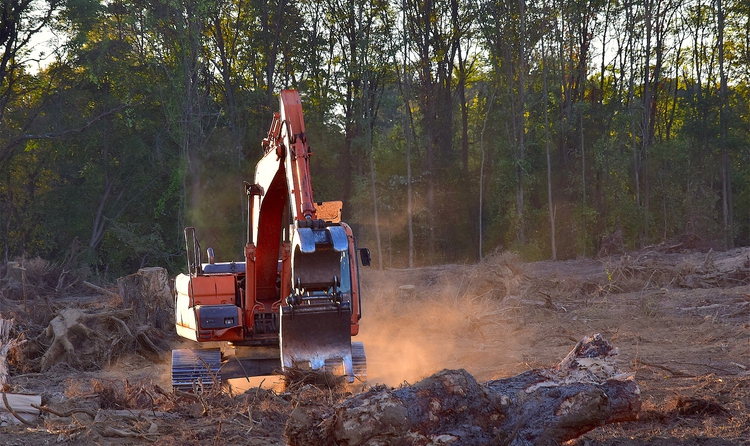An increase in forest area does not mean that deforestation doesn’t exist

A podcast has claimed that “deforestation is a lie” citing an article from RTVE, which stated that the global forest area had increased a 7% between 1982 and 2016

A podcast that has racked up nearly 500 plays on iVoox has claimed that deforestation is “a lie”, citing an article from Radio Televisión Española (RTVE) from 2018, which stated that the total global forest area had increased by 7% between the years 1982 and 2016. This claim is MISLEADING. The podcast and the article are talking about two different concepts: deforestation refers to the forest area that has been lost, while the global forest area mentioned in the RTVE article, which is based on the conclusions from a study in Nature, refers to the total losses and gains in forest area. What’s more, the conclusions drawn by other international reports, such as those of the Food and Agriculture Organisation of the United Nations (FAO), have reached different conclusions, finding that the total area of global forest area has declined.
They say that there is deforestation, and it’s a lie. And according to a pro-government RTVE news source, there was a 7% increase between 1982 and 2016. […] This news is pure gold, they’re telling you to your face.
The Food and Agriculture Organisation of the United Nations defines deforestation as “the conversion of forest to other land uses, such as agriculture and infrastructure” and expressly excludes “areas where the trees have been removed as a result of harvesting or logging, and where the forest is expected to regenerate naturally or with the aid of silvicultural measures”. In other words, the concept refers to the loss of forests, regardless of whether other forests have also grown in a given year; it only takes into account the percentage of forest cover lost.
In its most recent report, the FAO calculated that, between 2015 and 2020, the world’s forests lost 10 million hectares each year due to deforestation, 90% of them in tropical forests. “It is a procedure chiefly linked to forest fires and the felling of forests by humans to make space for agriculture or other uses”, Javier Sigró, researcher at the Centre for Climate Change (C3) at Rovira i Virgili University (URV), explains to Verificat.
Between 2000 and 2018, almost 90% of deforestation was the result of agricultural land expansion and livestock grazing, and another 5% due to urban development and infrastructures.
Differences in concept and method
In the podcast which we are fact-checking, a 2018 article from RTVE claiming that the total forest area in the world had increased by 7% between 1982 and 2016 is taken out of context in order to argue that there is no deforestation. However, the media source does not deny deforestation, but echoes a publication in Nature, according to which the total area of forest cover had grown between those years. Which is to say: the podcast confuses deforestation with the total forested area.
However, it is true that the results of the research seem to contradict the reports of the FAO, in which they indicate that the global forest area has declined. The UN organisation explains this divergence of results in the State of the World’s Forests report, which says the differences arose both due to the methodology used and the definition of “forest” itself.
When the FAO talks about forests, it not only sets certain minimum characteristics of trees, but also requires that the forested land is not predominantly used in another way, such as for agriculture or urban development. By contrast, the scientific paper only considers the tree cover in its definition of a forest, regardless of the predominant land use. What’s more, the paper in Nature bases its calculations on satellite images, while the FAO reports collect the data provided by each of the individual countries, which allows for more qualitative differences.
Ultimately, both publications talk about different concepts and use different analytical methods, so the results cannot be compared. However, both of them agree that deforestation is more pronounced in the tropics, which is more or less compensated by the increase in forested land outside of the tropics.